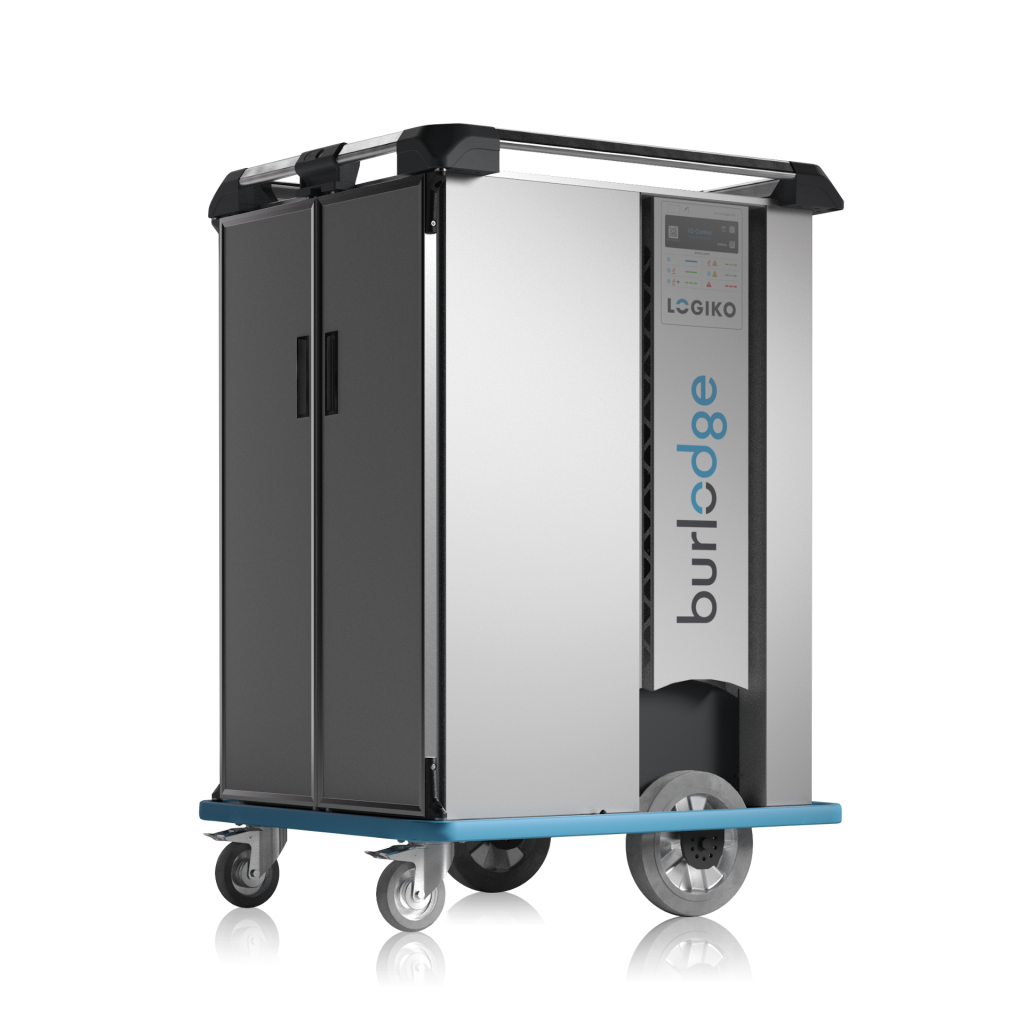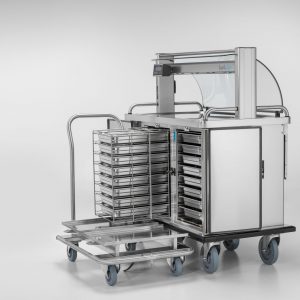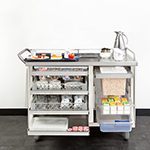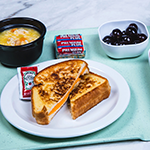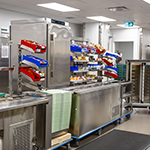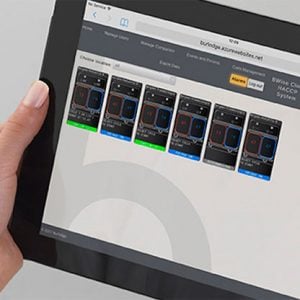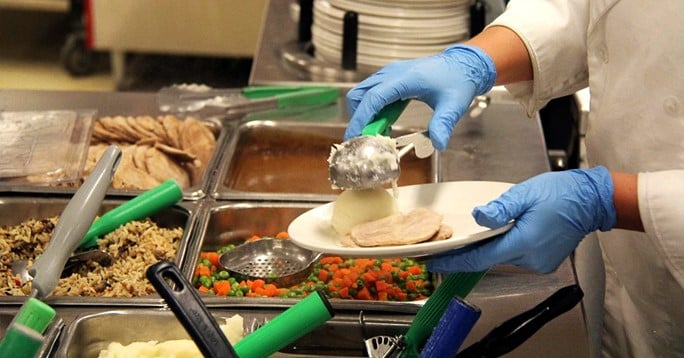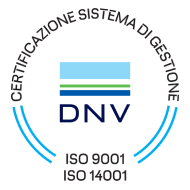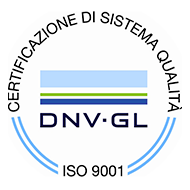Pity the poor ice cream scoop for being called into double duty. Called upon to generate joy and happiness by topping those cones with stacks of chilled confectionary goodness, somewhere along the line a pragmatic food service sort got ahold of it. Suddenly the scoop became the go-to tool for portion control. Doling out predictable, balanced amounts of sensible servings onto patient trays became its daily job. And who can argue? It really is the perfect tool for the job.
Unfortunately, the image of prepared food presented in a perfectly shaped orb is still tough to swallow for some. Balls of ice cream? This we can accept. Mashed potatoes? The jury remains skeptical. Still, we have to admit that for precision measurement, production efficiency, consistent reheating and nutritional certainty, the scoop remains unrivalled. The Power of Presentation
Which leads us to the issue of how to enhance presentation. If there’s no escaping scooped portions for most operations, there are measures on this front that can make food look more appealing. At Burlodge we can attest that how food appears on the tray directly correlates with improved consumption rates.
One of our clients has started to use our covered casserole dishes, for example, to serve sandwiches. Previously they simply delivered them while still in their triangular packages. As a result, consumption rates have risen noticeably.
A chef we work with made the simplest of changes to a side plate that he felt looked crowded when presented with two cookies. Instead, he placed a doily on the plate and topped it with just one cookie. Interestingly, given both options, a majority of clients chose the single cookie.
Choice and Clarity
The power of choice also helped to improve how patients at another hospital consumed their coffee. Rather than deliver a prepared beverage, the food team presented hot water and a coffee crystal pack. This allowed the patient to decide how strong they wanted to make their coffee. A small change but by giving them control the patient satisfaction went up thanks to meeting their expectations.
As a final example, another client switched from using our solid blue covers for plates and bowls to clear options. This meant that the patient could clearly see what was being served and did not feel the need to lift the cover and compromise food temperature until they were ready to eat. Again, simple measures that have helped to satisfy appetites.
We constantly need to remind ourselves that dining is an experience that involves far more than what is on the dish. Never underestimate how it’s presented on the tray, the way it is delivered by staff and the small details that can help get the nourishment in.

